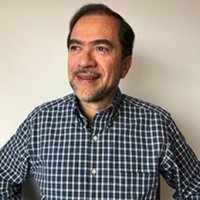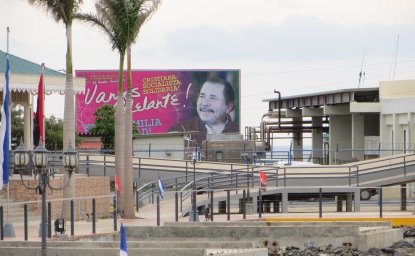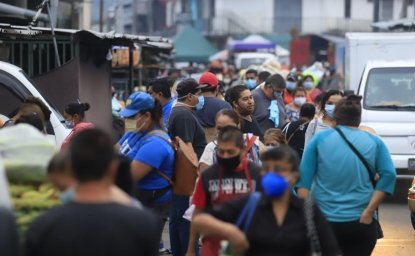The United Nations and Nicaragua: Opportunities and Risks


Since the outbreak of massive protests against the government of President Daniel Ortega in April 2018, domestic efforts to democratize the country have resulted in over 350 deaths, thousands of wounded, mass arbitrary arrests, and exile for nearly 100,000 persons who have fled for their safety. National opposition organizations continue attempts to foster a peaceful democratic opening, rejecting a return to past armed conflict that has characterized Nicaragua’s history. Nevertheless, ongoing government repression and rejection of proposed electoral reforms make the idea of clean and fair national elections in November 2021 seem ever more remote. Despite its prominent role in recent Nicaraguan history, the United Nations (UN) has maintained a low profile since the April 2018 events, with the exception of the outspoken position of the UN’s Office for Human Rights. Now, however, the UN has an opportunity and the ability to contribute to a peaceful resolution of Nicaragua’s multi-faceted political, economic, and humanitarian crisis.
In a new report for the Latin American Program, “The United Nations and Nicaragua: Opportunities and Risks,” former UN and Nicaraguan diplomat William Vigil argues that the Nicaraguan crisis demands a continued, coordinated, and coherent effort by the international community. Efforts by the Organization of the American States need to be further complemented by an active role of the UN and international financial institutions, in addition to bilateral actions. Vigil reviews the UN’s long history of involvement in Central America and Latin America more generally, including the appointment of a Special Representative for Nicaragua in advance of the country’s 1990 elections.
Vigil details the kinds of human rights, humanitarian, and political roles a UN special envoy could play in Nicaragua, from pressing for the release of political prisoners to supporting negotiations within the country aimed at guaranteeing free and fair elections in 2021 and helping Nicaraguan refugees who have fled the country. He concludes that the UN has an exceptional opportunity to help Nicaragua overcome its deep polarization, authoritarianism, and economic decline, and to help shepherd reforms in the post-electoral period.
Author


Latin America Program
The Wilson Center’s prestigious Latin America Program provides non-partisan expertise to a broad community of decision makers in the United States and Latin America on critical policy issues facing the Hemisphere. The Program provides insightful and actionable research for policymakers, private sector leaders, journalists, and public intellectuals in the United States and Latin America. To bridge the gap between scholarship and policy action, it fosters new inquiry, sponsors high-level public and private meetings among multiple stakeholders, and explores policy options to improve outcomes for citizens throughout the Americas. Drawing on the Wilson Center’s strength as the nation’s key non-partisan policy forum, the Program serves as a trusted source of analysis and a vital point of contact between the worlds of scholarship and action. Read more

Explore More
Browse Insights & Analysis
How To Understand the Nicaraguan Crisis


